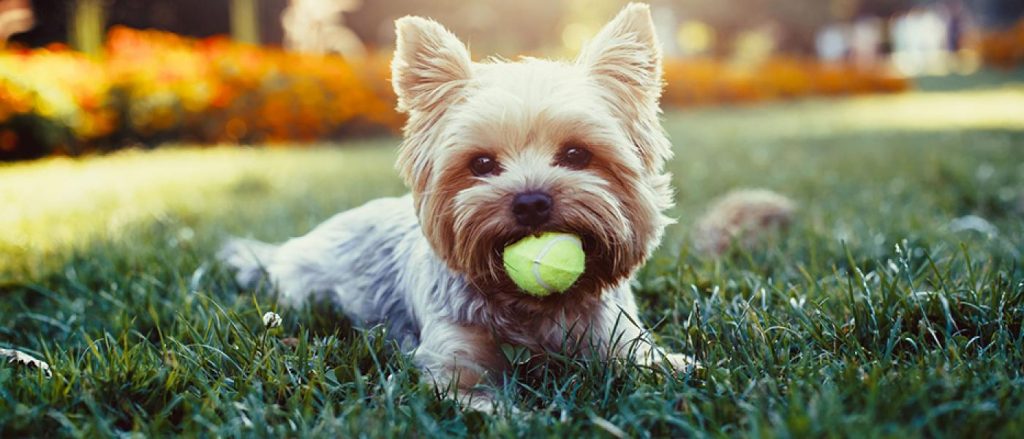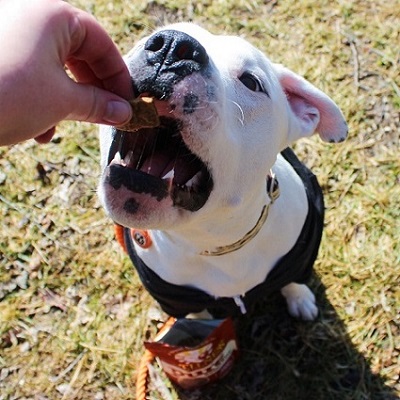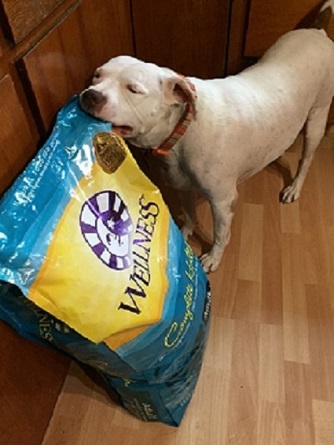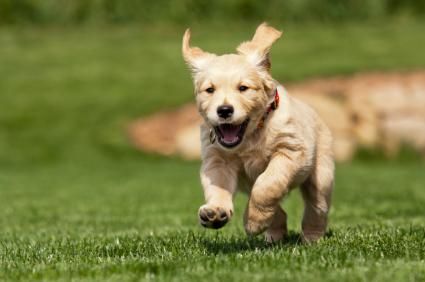New Dog Owner’s Guide

Taking on the responsibility of a new dog is a major commitment and one that will indeed change your life for the better. There are certain responsibilities that come with owning a dog and caring for them properly. Consider this your “New Dog Starter Kit” to caring for your new dog and keeping him healthy and happy! Your dog will return the favor by bringing an unconditional love into your life that you will be forever grateful for.
Vaccinations
Whether your new dog is a puppy or an adult, there are yearly vaccinations that are recommended. The recommendations vary depending on age, breed and health status of the dog. Upon doing a full checkup and physical examination, your dog’s veterinarian can inform you as to which vaccinations are recommended. It is always recommended that you choose a vet and take your new dog for a full health checkup as soon as possible. Some of the vaccinations that your dog may need are –
- Rabies – this vaccination is recommended for all dogs and may be given yearly or every 3 years depending on your veterinarian’s preference
- Parvo – this vaccination is usually recommended for puppies who have a high risk of acquiring parvo
- Kennel cough – this vaccination is recommended for animals who will be boarded for any length of time and exposed to the illness
It is also recommended that you have your dog micro-chipped, which is the placement of a micro-chip that enables you to locate your dog if he or she were ever lost. This can be done in the vet’s office.
Training Tips
Training is one of the most important parts of owning a dog. You should begin training your new dog as soon as you bring them home. Dogs respond well to discipline and it gives them a sense of security. Here are a few training tips for you and your new dog –

- Treats – You need to pick out some special treats to reward your dog with when he responds to your command. Rewarding good behavior is one of the most helpful training tips.
- Consistency – You have to be consistent in your training methods in order to get good results from your dog. Other members of the household should follow these training methods as well.
- Reward behaviors that you like – make sure behaviors that you don’t like aren’t rewarded.
- Small steps – Keep training sessions short, and work on one thing at a time. Don’t overwhelm your dog by trying to teach him everything at once.
Feeding
The food that we give to our dogs has a direct effect on their health. You will want to find a brand of food that is packed full of wholesome and natural ingredients that will give your dog the nutrients that he or she needs, without all of the harmful additives.

Another important part of feeding is keeping your dog on a schedule. Try to feed your dog at around the same time each day. This helps your dog’s digestive system to naturally prepare for feeding time and gives your dog a sense of security.
Exercise
Exercise is very important to your dog’s physical and mental health. The amount of exercise that your dog needs is dependent upon the breed. A more active dog may require more vigorous exercise, multiple times a day, while a less active dog may only require one long, leisurely walk per day. Either way, exercise is extremely important to your dog’s health. Dogs with a lack of exercise have been known to have more health problems as well as behavioral problems. Lack of exercise can also cause your dog to become depressed.

These are all things that can help you get started on the right track to taking proper care of your new dog. Your dog is depending on you to provide him with the life that he deserves. If you put in the effort, you will surely reap the benefits – a healthy, happy dog that loves you unconditionally!




